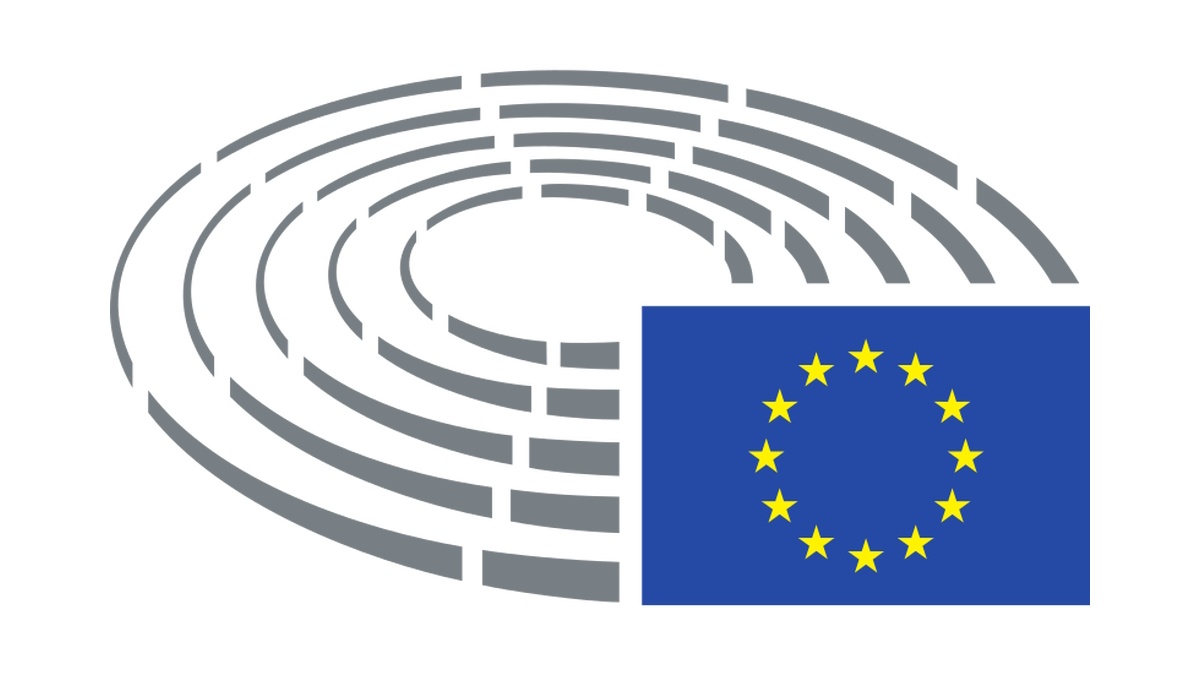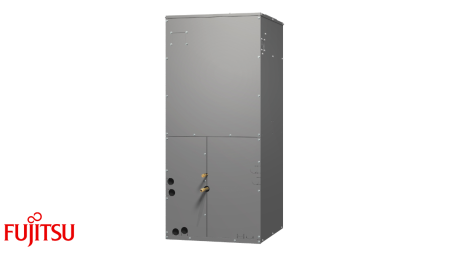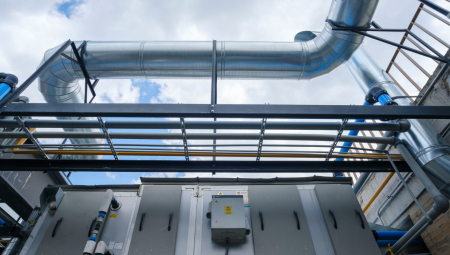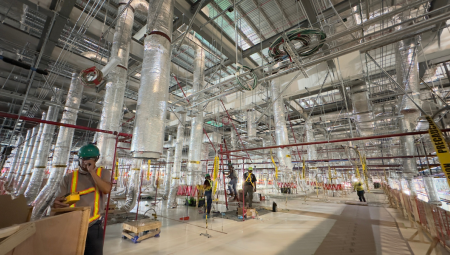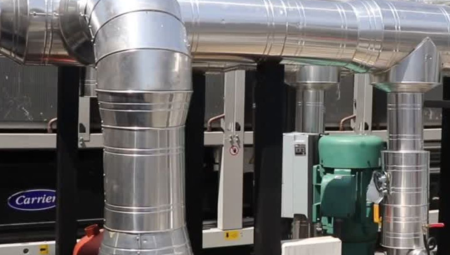Europe. The European Parliament's Environment Committee announced the agreement on an ambitious reduction in emissions of fluorinated greenhouse gases to further contribute to the EU's climate neutrality objective.
At the beginning of March, the members of the Committee on the Environment, Public Health and Food Safety (ENVI) adopted their position on the revision of the EU legislative framework on emissions of fluorinated gases (F-gases) with 64 votes in favour, 8 against and 7 abstentions.
Some of the objectives of this agreement are the following:
* Move faster towards alternative solutions
To accelerate innovation and the development of more climate-friendly solutions and provide certainty for consumers and investors, MEPs want to strengthen the new requirements proposed by the Commission prohibiting the marketing in the single market of products containing F-gases. The text also adds prohibitions on the use of fluorinated gases for sectors where it is technologically and economically feasible to switch to alternatives that do not use fluorinated gases, such as refrigeration, air conditioning, heat pumps and electrical panel.
* Accelerating the transition to climate neutrality
The report presents a steeper trajectory from 2039 to phase out hydrofluorocarbons (HFCs) traded on the EU market, with the goal of zero HFCs by 2050. Phasing out HFC production and consumption in the EU would align these updated rules with the EU's 2050 climate neutrality objective.
According to MEPs, the Commission should closely monitor market developments in key sectors such as heat pumps and semiconductors. In the case of heat pumps, the Commission should ensure that the phasing out of HFCs does not jeopardise RePowerEU's heat pump deployment targets, as industry has to work to replace HFCs with natural alternatives.
* Improve enforcement to prevent illegal trade
MEPs suggest further action on the illegal trade in these gases by proposing minimum administrative fines for non-compliance. They also want customs authorities to seize and confiscate imported or exported F-gases in violation of the rules, in accordance with the environmental crime directive.
Rapporteur Bas Eickhout (Greens/EFA, NL) said: "F-gases are not well known, but they have important implications for our climate, as they are very potent greenhouse gases. In most cases, natural alternatives are readily available. That is why we voted for an ambitious position to completely phase out F-gases by 2050 and in most sectors already by the end of this decade. We are giving clarity to the market and a signal to invest in alternatives. Many European companies are already at the forefront of this development and will benefit from it, due to their market position and export opportunities."
Next steps
The report is expected to be adopted during the plenary session on 29-30 March 2023 and will constitute Parliament's negotiating position with EU governments on the final form of legislation.


